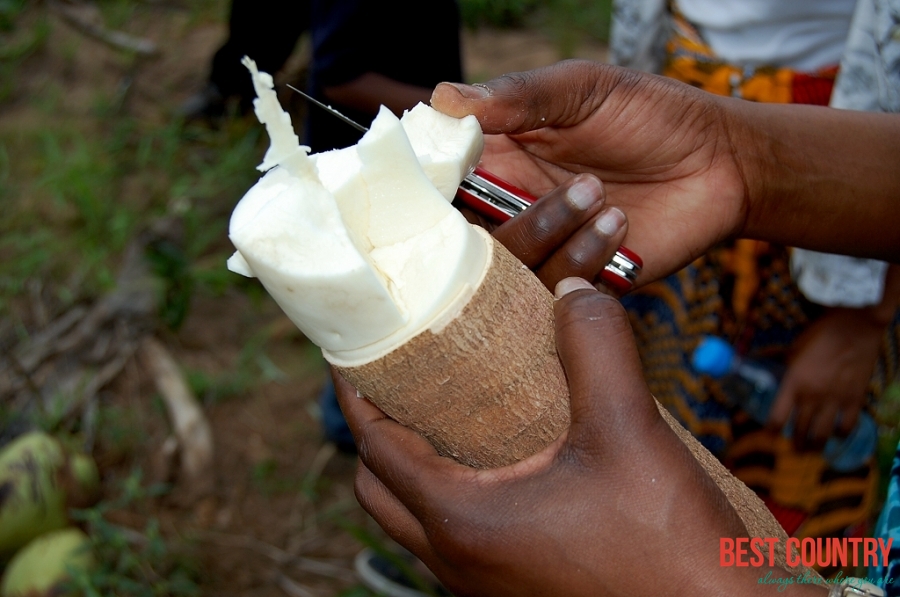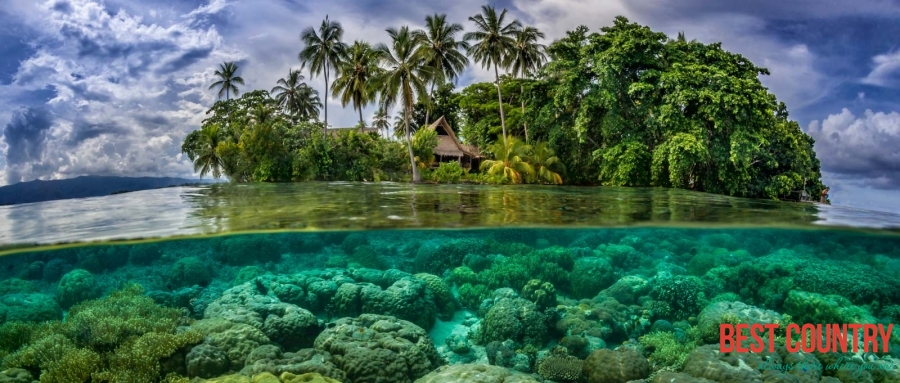Marshall Islands
Religion in Marshall Islands
Most Marshallese are Protestants, and as a whole they are very religious. While the largest church in the nation is the United Church of Christ, there are many other Protestant denominations represented, like Assembly of God, Baptist, Seventh Day Adventists. The Catholic Church also has established a strong presence in the islands. In recent years, the Church of Latter-day Saints has also become established. Sundays are set aside for rest and relaxation and attending church services.
Food in the Marshall Islands
Life has never been easy in the Marshall Islands: the effort demanded to produce food continues to be great and the diet austere. Fish from the surrounding seas has naturally been the traditional support of life, while the scanty land has yielded three grudging crops - breadfruit, pandanus and swamp tare, in addition to the. ubiquitous coconut. By skillful management of the harsh terrain, its cultivation has sustained existence over the centuries in a system perfectly adapted to the demands of the region.
Climate of the Marshall Islands
The weather in the Marshall Islands is tropical - hot and humid, but tempered by trade-winds which prevail throughout the year.

